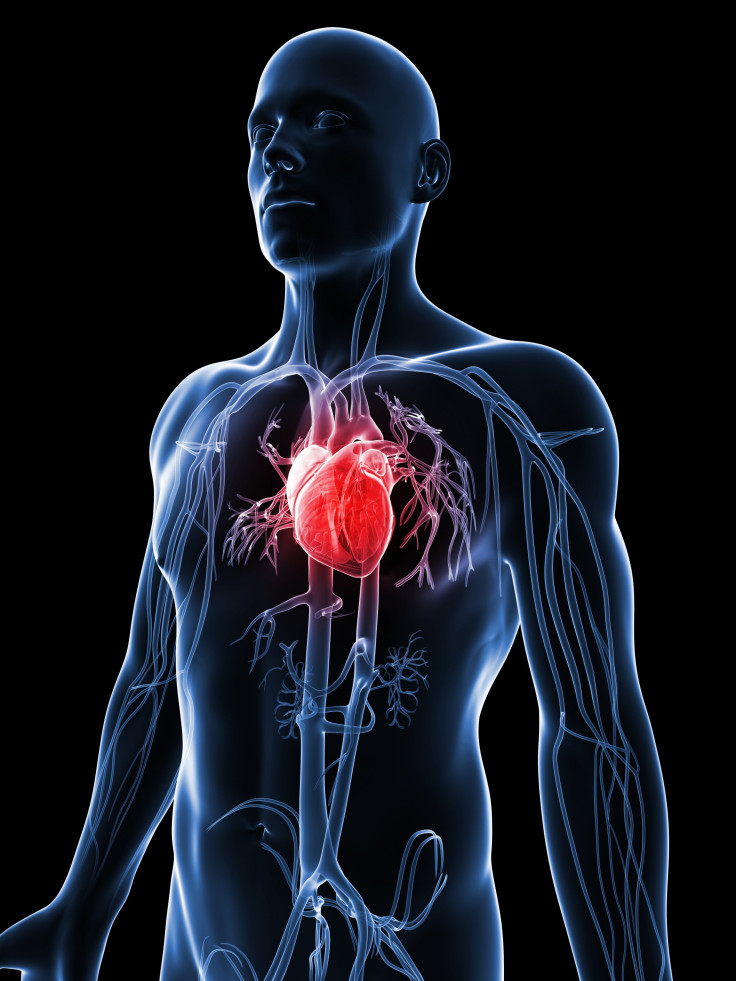FDA Approves Stem Cell Treatment For Heart Disease: Mayo Clinic To Test Technique In Human Trial

A research project undertaken by the Mayo Clinic for nearly a decade has finally won approval from the U.S. Food and Drug Administration (FDA) to go ahead with testing on humans. The research project involves using stem cells to fix damaged heart tissue, and this step forward is a hopeful sign for millions of people who live with heart disease.
The clinical trial will be carried out across several states and will involve 240 patients with chronic advanced symptomatic heart failure. It will help researchers discern whether the stem cell technique will make a marked improvement in heart function, the Mayo Clinic announced last week. The trial will probably take until the end of the year. Previously, Mayo had completed some testing in humans in Europe, which showed promising results — a 25 percent improvement in cardiac outflow, Dr. Andre Terzic, director of the Mayo Clinic’s Center for Regenerative Medicine, said. Terzic called the technique a potential “paradigm shift.”
The technique involves the harvesting of stem cells from a person’s bone marrow in the hip, altering the cells to become “cardiopoietic” repair cells, and then injecting them into the heart to do their fixing work. The procedure was developed with help from Cardio3 BioSciences of Belgium, a biopharmaceutical company focusing on finding cures and therapies for heart disease. Dr. Christian Homsy, CEO of Cardio3 BioSciences, told the Minneapolis Star Tribune that their “collaboration with Mayo has been so productive that we have many, many opportunities that we’d like to explore. Cardiovascular disease may be the beginning of a ... journey of addressing various diseases that humankind is confronting, especially with the aging of the population.”
Heart disease is one of the leading causes of death in the U.S. About 600,000 people die of cardiovascular disease every year, which is about one in every four deaths, the Centers for Disease Control and Prevention (CDC) reports. Every year, about 715,000 Americans have a heart attack, and coronary heart disease costs the U.S. about $108.9 billion every year.
The Cleveland Clinic describes typical stem cell treatment for cardiovascular disease on its website, noting that many trials haven’t been successful because once stem cells get to the heart and begin their work, they often stop before completion. “[Stem cells] help heal damaged tissue … by secreting local hormones to rescue damaged heart cells and occasionally turning into heart muscle cells themselves,” the Cleveland Clinic states. “Stem cells do a fairly good job. But they could do better — for some reason, the heart stops signaling for heart cells after only a week or so after the damage has occurred, leaving the report job mostly undone.”
Other studies have looked into other routes for stem cell treatment, such as receiving more selective stem cells from a donor during the time of the heart attack, or providing the patient’s own cardiac stem cells after a heart attack. But the Cleveland Clinic notes that despite new research popping up, "stem cell therapy for damaged hearts has yet to be proven fully safe and beneficial."
Terzic described the Mayo Clinic’s procedure of converting stem cells to heart cells as “unique,” but other scientists are more cautious. Dr. Ganesh Raveendran, a cardiologist and co-director of the cardiac cell therapy program at the University of Minnesota, said the Mayo test was encouraging but that similar studies done previously did not show successful results when tested in larger human trials. “We need to wait and see,” Raveendran told The Star Tribune.



























